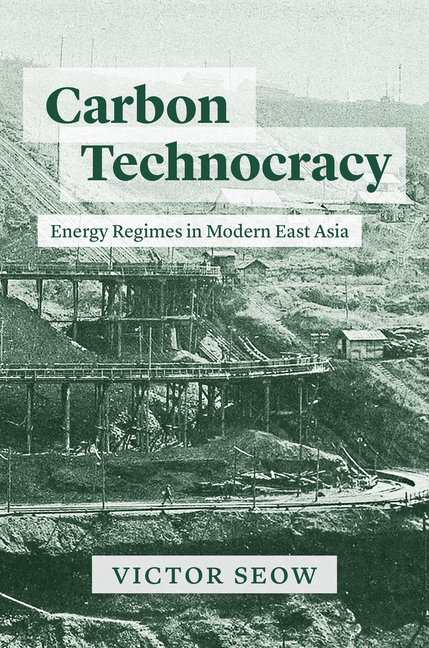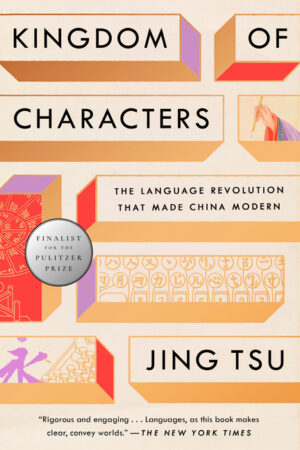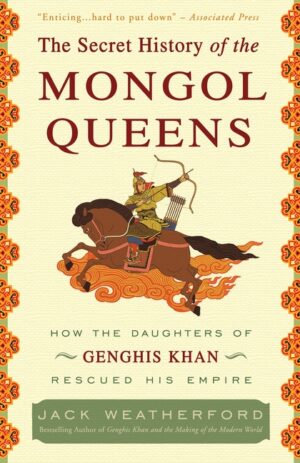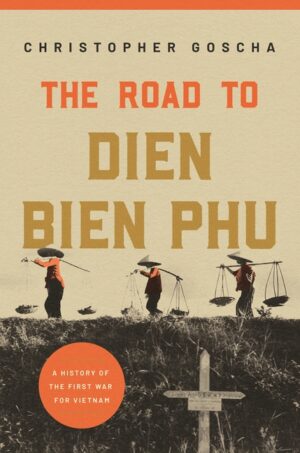"Drawing on an impressive range of sources, Seow reveals the intertwined stories of the Fushun colliery and the succession of state regimes that have drawn on Fushun's material (and even rhetorical) power, from the contestation among Chinese, Russian, and Japanese interests at the turn of the last century through the consolidation of the People's Republic of China. The clarity of Seow's thinking, the felicity of his prose, and the significance of his topic will ensure a large audience among modern East Asian historians, energy historians, and the many scholars in environmental studies and environmental humanities who focus on carbon-driven climate change. Clearly written and very thoughtfully conceived."–Thomas G. Andrews, author of Killing for Coal





